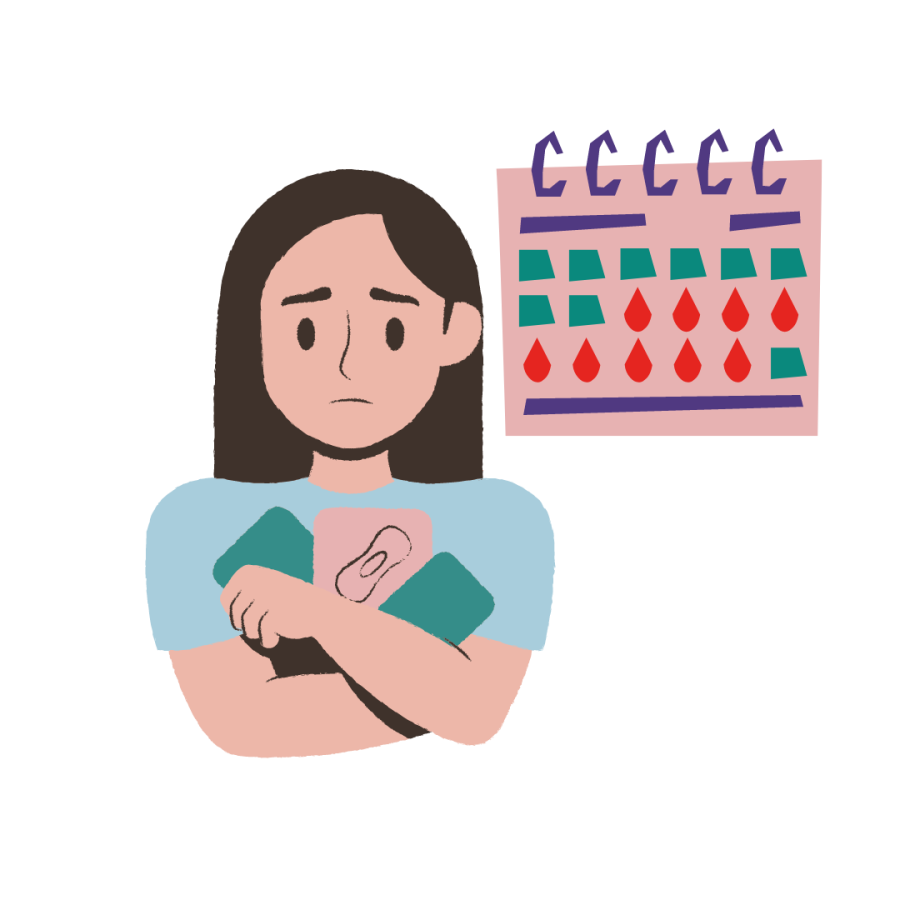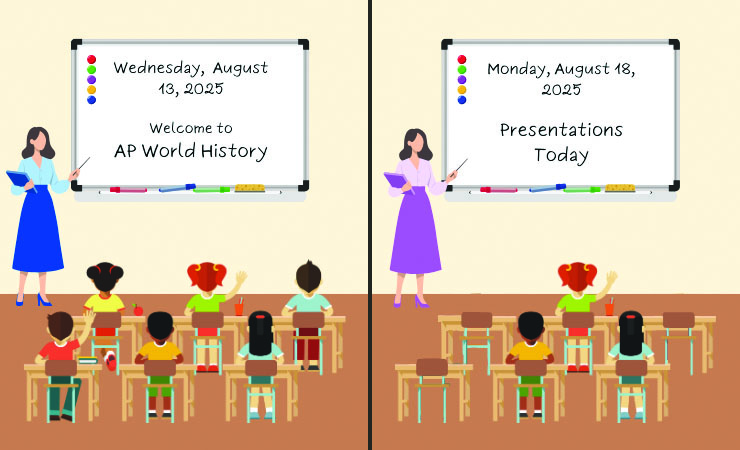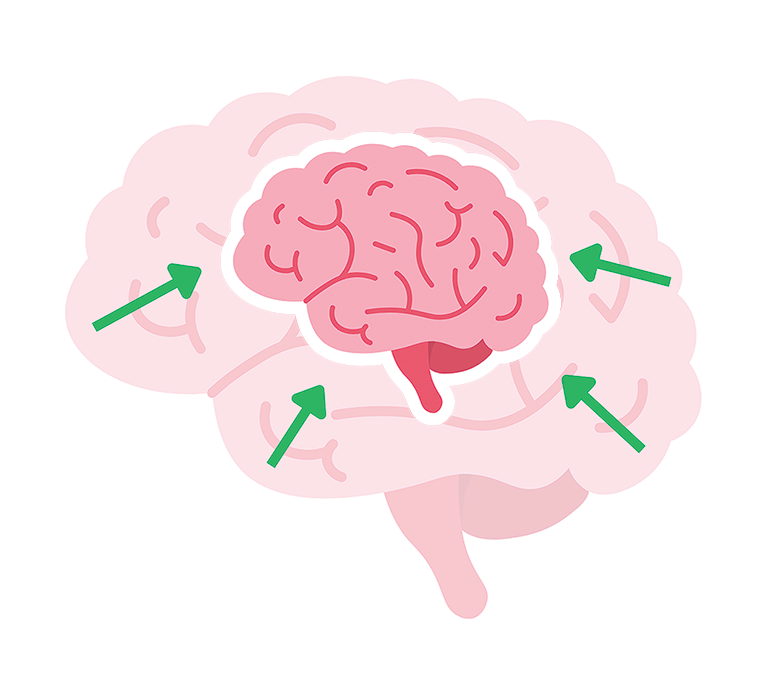Opinion: End Cycle Stigma
June 1, 2023
According to a recent article from the Associated Press, currently in Florida, lawmakers are trying to pass a law that would “restrict public school instruction on human sexuality, sexually transmitted diseases and related topics to grades six through 12”.
Among these “related topics” are menstrual cycles. In an interview by Forbes, Florida State Representative Ashley Gantt asked senator Stan Mclain this question: “‘So if little girls experience their menstrual cycle in fifth grade or fourth grade, will that prohibit conversations from them since they are in the grade lower than sixth grade?’ And to that McClain responded, ‘It would’.”
The stigma surrounding periods is strong, and this law would give into that stigma, and the idea that periods are “shameful,” “embarrassing” or shouldn’t be talked about.
A lack of information is one of the largest factors into why periods are so stigmatized. This law would prevent so many young people with and without periods from learning the right information about them, and as Gantt said while talking to McClain, “If we are preparing children to be informed adults, we need to inform them about their bodies and that’s something very basic.”
As important as it is for people with periods to learn about
their bodies, it is also so important for people without periods to learn about them. Not only does this help with the scientific understanding of bodies, but it would also significantly lower the stigma surrounding periods.
In an article titled “The Stigma Over Periods Won’t End Until Boys Learn About Them Too,” from The Guardian, author Amika George writes, “Not talking to boys and men about our periods means a quiet subservience, allowing separate, gendered spheres to exist, which validates the idea that anything outside the cis-male experience is abnormal.”
Have you ever heard someone say something like “it must be that time of the month” when somebody’s in a bad mood? Phrases like these are primarily used by men, who usually don’t have any extensive knowledge about menstrual cycles. If men were to be taught about periods from a young age, this lack of understanding could be solved.
The truth is, about half the population experiences their menstrual cycle every month, and when there is a lack of discussion, things like abnormal symptoms and endometriosis can become considered normal and go undiagnosed.
According to the World Health Organization, one in 10 people with periods have endometriosis. 10 to 15 years is how long it usually takes for somebody to be officially diagnosed with endometriosis though, and a lot of the reason for this is due to stigmatization.
The World Health Organization says that endometriosis is a chronic condition that occurs when the “tissue similar to the lining of the uterus grows outside the uterus.” Also according to the WHO, symptoms of endometriosis can include extreme cramps, nausea, heavy bleeding, chronic pelvic pain and more. These symptoms are commonly underestimated by doctors though, which is why it takes so many years to be diagnosed.
Because 10 percent of people with periods have endometriosis, it’s important to talk about how a “normal” period shouldn’t strongly affect your daily life, and if it does, you should talk to a doctor. Learning about these topics shouldn’t be a controversial idea, and the Florida law would prevent thousands of people from being informed.
One example of the stigmatization of periods in schools relates to the bathroom policies in school districts. Right now, the policy at LSE consists of signing out, taking a pass, not leaving during the first and last ten minutes of a class period, and only one person is allowed to leave at a time. Although these policies are in place to prevent people from missing too much class, it leaves a very small window for people that actually need to use the restroom to go.
To lessen the stigma, people should freely talk about their periods if they are comfortable doing so. Stop using phrases like “aunt flo,” and “that time of the month” to shield people from being uncomfortable.











carmen • Oct 7, 2023 at 1:19 PM
love this!! greatly written.